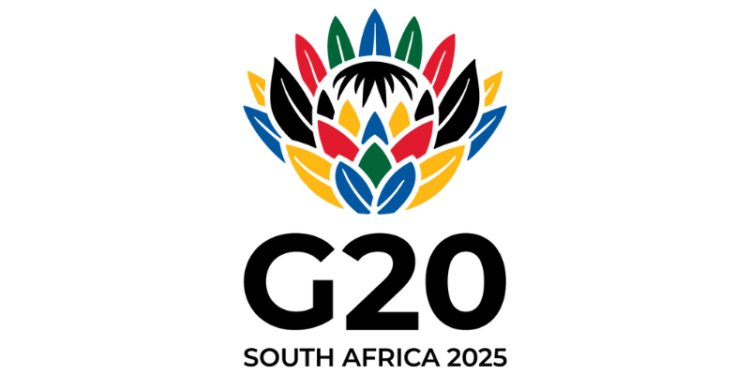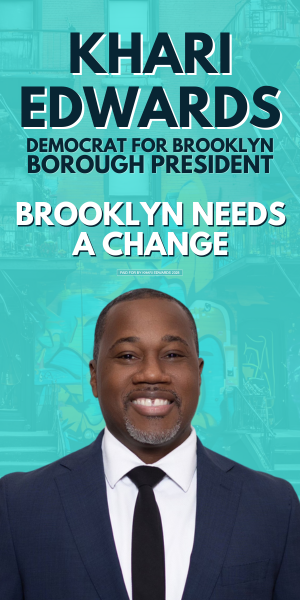South Africa opened its first G20 foreign ministers’ meeting on Thursday, February 20th, calling for multilateral cooperation to address global crises. However, the absence of U.S. Secretary of State Marco Rubio underscored deepening divisions within the international group.
South African President Cyril Ramaphosa, addressing ministers from leading economies, emphasized the need for diplomacy and adherence to international law. “It is critical that the principles of the UN Charter, multilateralism and international law should remain at the centre of all our endeavour,” he said. He warned that tensions among major powers further destabilized an “already fragile global coexistence.”
The G20 comprises 19 countries, the African Union (AU) and the European Union (EU), representing over 80% of the global economy and two-thirds of the world’s population. South Africa, the first African country to hold the G20 presidency, has positioned its leadership as an opportunity to amplify the concerns of developing nations.
The U.S. opted not to send a high-level representative to the meeting. Rubio declined to attend, criticizing South Africa’s leadership of the G20. “My job is to advance America’s national interests, not waste taxpayer money or coddle anti-Americanism,” he wrote on X. Treasury Secretary Scott Bessent also announced he would not attend next week’s G20 finance ministers’ summit, citing other commitments.
The diplomatic rift follows President Donald Trump’s decision to cut U.S. aid to South Africa. His administration has accused the country of “unjust and immoral practices” against the white Afrikaner minority and has criticized its decision to bring a genocide case against Israel at the International Court of Justice.
Russia’s Foreign Minister Sergey Lavrov was among the key officials in attendance, alongside representatives from European nations who pledged continued support for Ukraine. The war in Ukraine remains a major point of contention within the G20, mainly as Trump has signaled a shift in U.S. policy toward negotiating directly with Russian President Vladimir Putin.
Ramaphosa urged world leaders at the G20 summit to seek diplomatic solutions to conflicts. “Let us seek to find common ground through constructive engagement,” he said, noting that instability in Ukraine, Gaza, Sudan, and the eastern Democratic Republic of Congo continues to threaten global security.
South Africa will hold the G20 presidency until November 2025, when it is expected to hand leadership over to the United States. However, tensions between South Africa and the U.S. have raised questions about their relationship and the broader role of the G20 in addressing global challenges.










